Islamabad, 07 May 2025
A sudden military escalation between India and Pakistan has drawn global concern after the Indian military launched what it called 'Operation Sindoor'. targeting six alleged terrorist infrastructure across Pakistan late on May 6, 2025.
In response, Pakistan claimed to have shot down five Indian fighter jets, a combat drone and destroyed Brigade Headquarter, warning that its sovereignty would not be compromised under any circumstances.
India’s overnight missile, drone, and air strikes hit multiple locations deep within Pakistan’s territory, including cities in Punjab province—Sialkot, Shakargarh, Muridke, and Bahawalpur—as well as areas in Pakistan-administered Kashmir such as Muzaffarabad and Kotli.
The Indian government stated the attacks were a response to the April 22 assault in Pahalgam, Indian-administered Kashmir, which left 26 people dead. India accused Pakistan of harboring militants responsible for the attack, asserting its right to respond and deter future cross-border violence.
Pakistan, however, strongly condemned the strikes, calling them unprovoked, illegal, and a clear violation of international norms. According to the Pakistani military, the attacks deliberately targeted civilian zones under the false pretext of striking terrorist camps. In a press briefing, Pakistan military spokesperson Lt. Gen. Ahmed Sharif Chaudhry confirmed that 13 civilians were killed in Bahawalpur's Ahmedpur East when the Subhanullah Mosque was struck. Additional casualties included three civilians in Muridke, and five others across Muzaffarabad and Kotli. Artillery shelling along the Line of Control (LoC) added to the death toll, bringing the total number of Pakistani and Pakistan-administered Kashmiri deaths to at least 31. Another nine were reportedly killed in Indian-administered Kashmir.
Civilian infrastructure was also impacted, with mosques, residential areas, and even the Neelum–Jhelum Hydropower Project sustaining damage. Pakistan’s government claimed that the Indian strikes endangered commercial airliners from Gulf nations flying over the region, potentially putting thousands of civilian lives at risk.
In response, Pakistan launched what it termed defensive countermeasures. Its air defense systems reportedly intercepted and downed five Indian fighter jets and one combat drone. These claims have not been verified by Indian officials, who have yet to issue a formal response regarding aircraft losses. Islamabad reiterated its denial of involvement in the Pahalgam attack and once again offered a neutral, third-party investigation—an offer New Delhi has declined.
Following the events, Pakistan's National Security Committee (NSC), led by Prime Minister Shehbaz Sharif, convened an emergency session. The committee condemned India’s actions as an act of war and emphasized Pakistan’s continued commitment to peace, while warning that violations of sovereignty would not go unanswered. The NSC authorized the armed forces to take 'corresponding actions' to ensure the country’s defense and called on the international community to hold India accountable for what it described as 'blatant violations of international law'.
The escalation has triggered diplomatic reactions worldwide. Russia expressed concern over the heightened conflict and urged both nations to resolve their differences through political and diplomatic channels, referencing the Simla Agreement and the Lahore Declaration. Germany, France, the U.K., Turkey, Qatar, and Switzerland echoed similar sentiments, emphasizing restraint, dialogue, and the protection of civilians.
German Chancellor Friedrich Merz, speaking alongside French President Emmanuel Macron, labeled the confrontation 'deeply worrying', stressing that 'no one in the region benefits from escalation'. The U.K. Prime Minister Keir Starmer also addressed the crisis, highlighting British efforts to encourage de-escalation and urging both nations to protect civilian lives.
The State of Qatar and Switzerland released separate statements urging both India and Pakistan to avoid further escalation, with Qatar reaffirming its support for a peaceful resolution through diplomatic channels. Turkish Foreign Minister Hakan Fidan also discussed the situation with his Saudi counterpart, reflecting the concern shared among key regional players.
Meanwhile, India’s Ministry of Information and Broadcasting accused Pakistan of launching a disinformation campaign to shift focus from the legitimacy of India's strikes. Indian officials reportedly briefed counterparts in the U.S., U.K., Russia, Saudi Arabia, and the UAE following the attacks.
With both nations maintaining hardened positions and military forces on high alert, the international community is closely monitoring the situation to prevent further deterioration. The flare-up underscores the fragility of India-Pakistan relations, particularly amid a lack of sustained diplomatic engagement and mutual distrust.

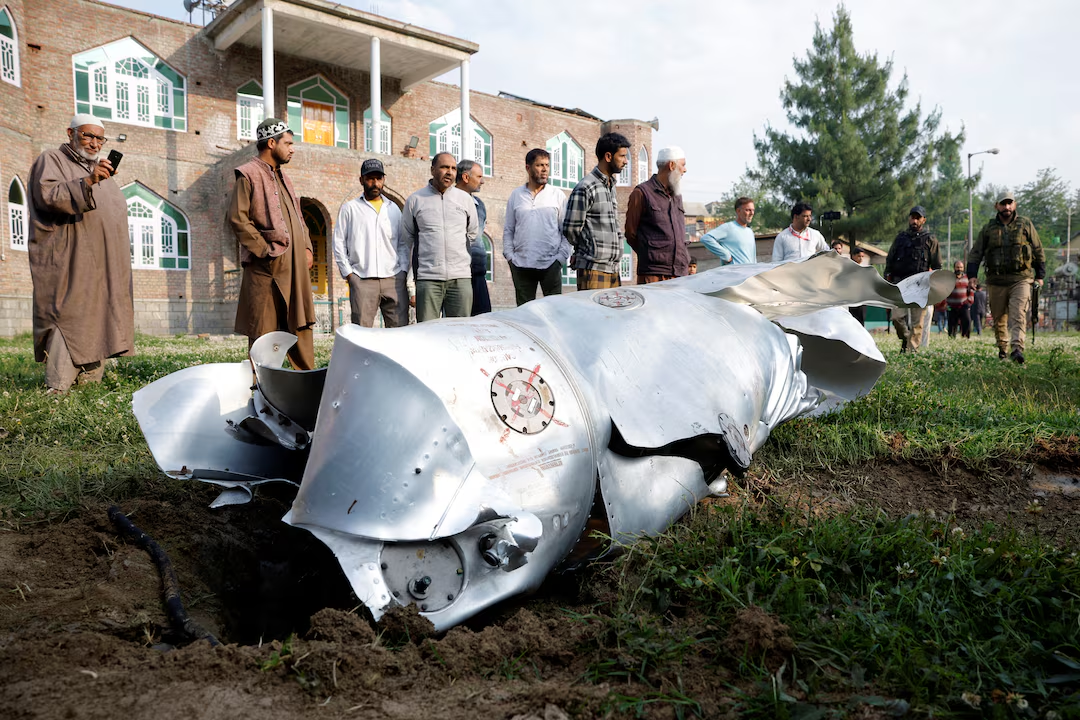
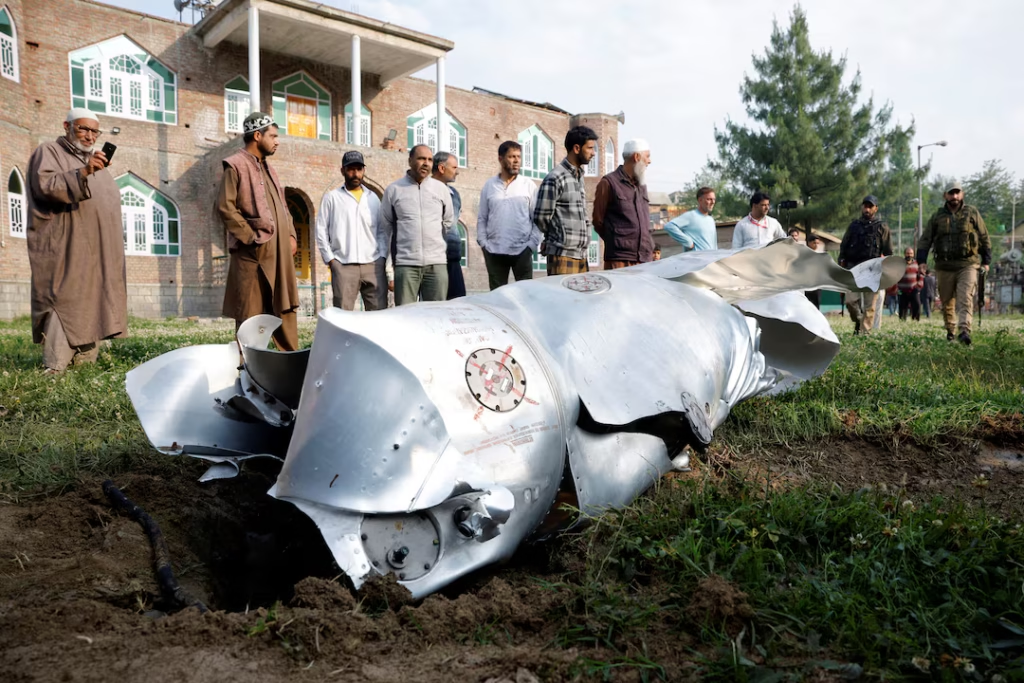
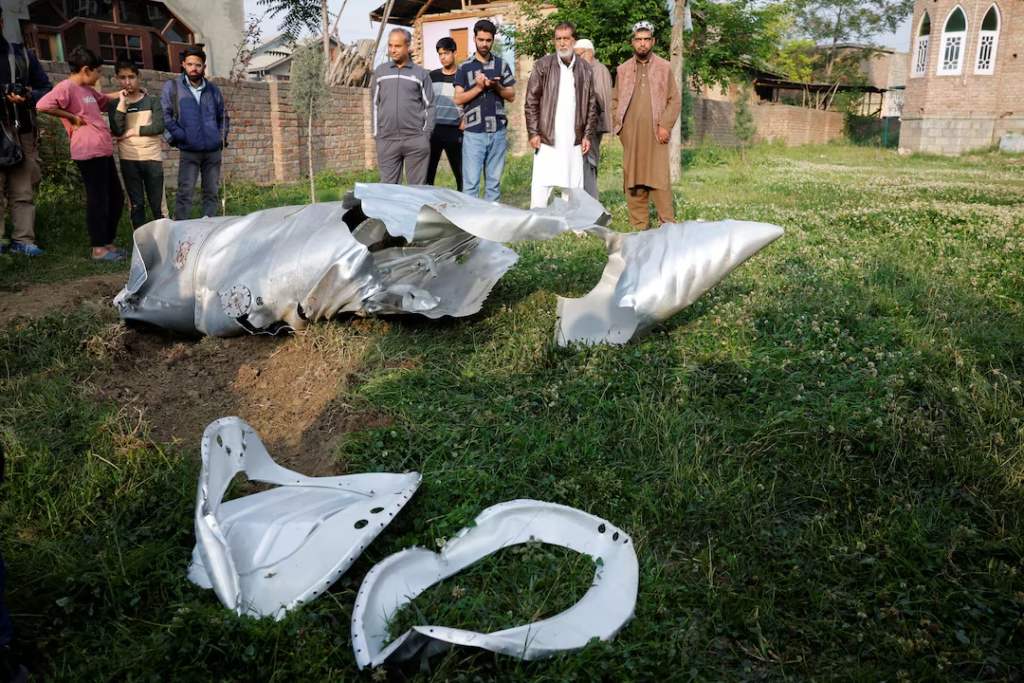
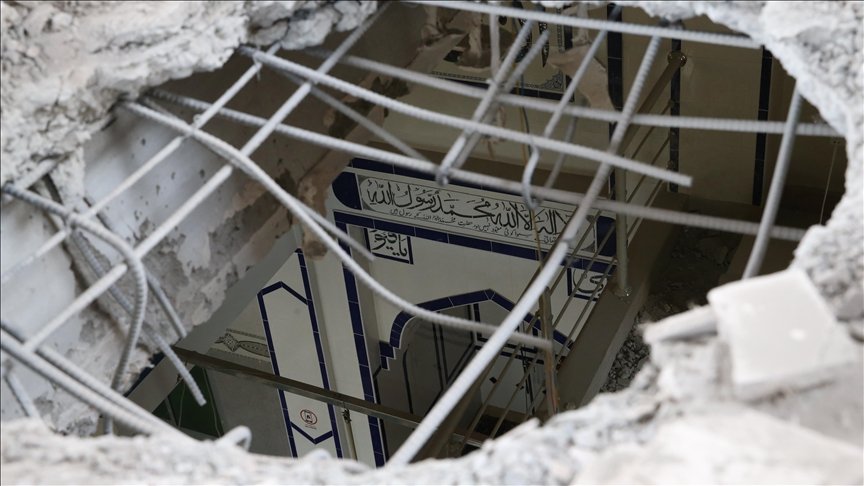

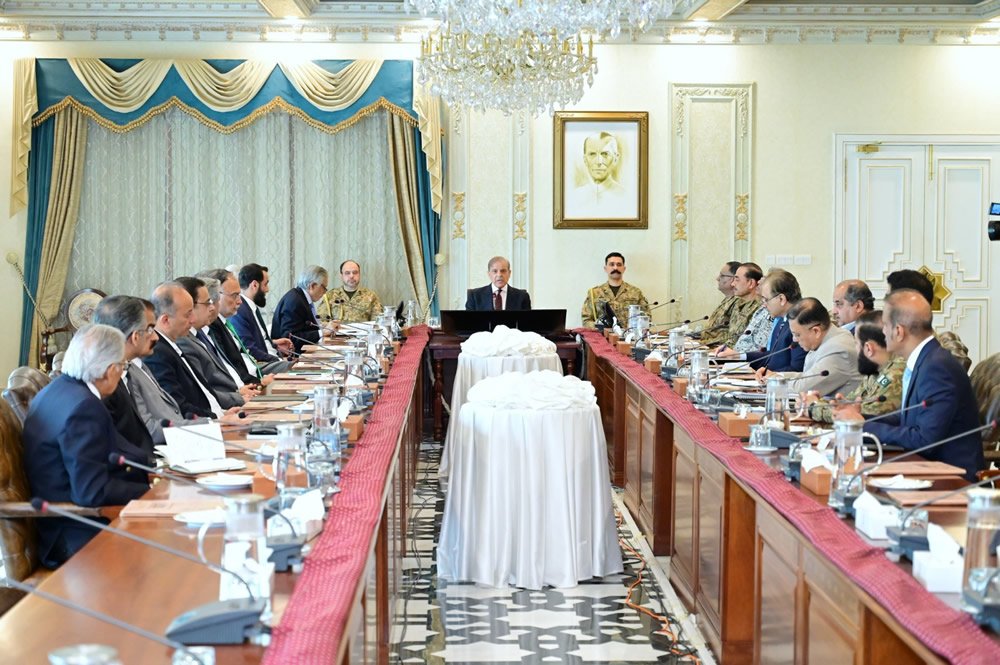
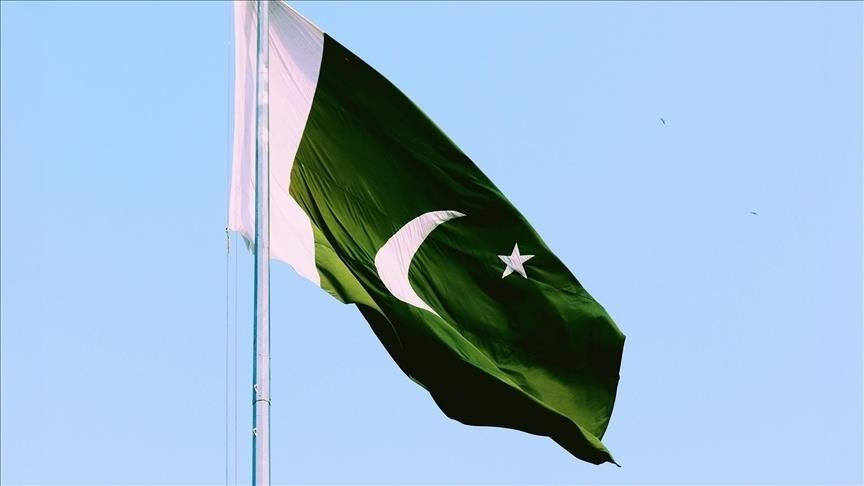








Pakistan and India, which are two nuclear powers, should adopt a phased approach to ease tensions. Confidence-building measures (CBMs) include maintaining the ceasefire agreement along the Line of Control (LoC), re-establishing backchannel diplomacy, and resuming limited trade.
Indian aggression has been punished adequately. It has been a good wake up call for international peace loving nations to outright declare India as aggressor. They shypay war damages to Pakistan